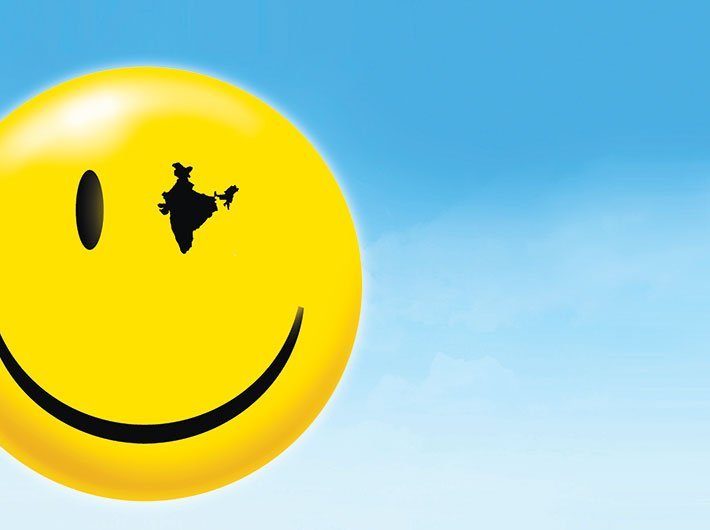Update on status of mental health in the country: 1.6 lakh health centres upgraded to Ayushman Arogya Mandir
The government launched a National Tele Mental Health Programme on October 10, 2022, to further improve access to quality mental health counselling and care services in the country. As on December 4, 34 states/ UTs have set up 46 Tele MANAS Cells and have started mental health services and more than 5,00,000 calls have been handled on the helpline.
The government is also taking steps to strengthen mental healthcare services at primary healthcare level. The government has upgraded more than 1.6 lakh SHCs, PHCs, UPHCs and UHWCs to Ayushman Arogya Mandirs. Mental health services have been added in the package of services under Comprehensive Primary Health Care provided at these Ayushman Arogya Mandirs. Operational guidelines on Mental, Neurological, and Substance Use Disorders (MNS) at Ayushman Arogya Mandirs have been released under the ambit of Ayushman Bharat.
Union minister of state for health and family welfare Prof. S.P. Singh Bhagel stated this in a written reply in the Rajya Sabha on Tuesday.
The government is also augmenting the availability of manpower to deliver mental healthcare services in the underserved areas of the country by providing online training courses to various categories of general healthcare medical and para medical professionals through the Digital Academies, since 2018, established at the three Central Mental Health Institutes namely National Institute of Mental Health and Neuro Sciences, Bengaluru, Lokopriya Gopinath Bordoloi Regional Institute of Mental Health, Tezpur, Assam, and Central Institute of Psychiatry, Ranchi.
For providing affordable and accessible mental healthcare facilities in the country, the Government is implementing the National Mental Health Programme (NMHP) in the country. The District Mental Health Programme (DMHP) component of the NMHP has been sanctioned for implementation in 738 districts for which support is provided to States/UTs through the National Health Mission. Facilities made available under DMHP at the Community Health Centre (CHC) and Primary Health Centre (PHC) levels include outpatient services, assessment, counselling/ psycho-social interventions, continuing care and support to persons with severe mental disorders, drugs, outreach services, ambulance services etc. In addition to above services there is a provision of 10 bedded in-patient facility at the district level.
Under the tertiary care component of NMHP, 25 Centres of Excellence have been sanctioned to increase the intake of students in PG departments in mental health specialities as well as to provide tertiary level treatment facilities. Further, the Government has also supported 19 Government medical colleges/institutions to strengthen 47 PG Departments in mental health specialties. Mental Health Services are also provisioned for 22 AIIMS. These services are also available under PMJAY.
As per the reports of National Crime Record Bureau, the rate of suicide per lakh population was 12.0 in 2021 and 12.4 in 2022. The Government has released the National Suicide Prevention Strategy in November, 2022. The National Strategy for Suicide Prevention provides a framework for multiple stakeholders to implement activities for prevention of suicides in India. This national strategy aims to reduce suicide mortality by 10% in the country by 2030. The national strategy includes an action framework with proposed actions with key stakeholders, implementation framework and mechanism, thus providing a path forward for preventing suicides.
As per the National Mental Health Survey (NMHS) conducted by the Government through National Institute of Mental Health and Neurosciences (NIMHANS), Bangalore in 12 States of the country, the prevalence of mental disorders including common mental disorders, severe mental disorders, and alcohol and substance use disorders (excluding tobacco use disorder) in adults over the age of 18 years is about 10.6%.


